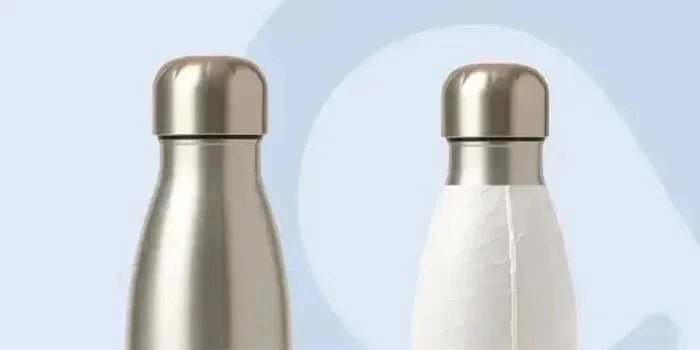Receive the newsletter
Subscribe to the Technotape newsletter to get essential news and information delivered straight to your inbox.
Sign up for our newsletterTags
Which sublimation method is most suitable for your production requirements: a heat press or a convection oven with shrink film?
"When evaluating sublimation solutions for drink bottles, you have two principal options: a heat press or a convection oven. Both methods ensure outstanding print quality and durability. Read on to determine which approach best aligns with your production objectives."
In our experience, there are three established methods for sublimating drink bottles:
Note: Oven-based sublimation requires shrink film, available in three sizes.
Compact Footprint for Flexible Layouts
The heat press features a minimal footprint and effortless mobility ideal for facilities with limited space or changing production lines. In contrast, convection ovens necessitate a fixed installation due to their larger dimensions.
Scalable for High-Volume Production
Convection ovens can process multiple bottles simultaneously up to 15 units per cycle making them the preferred choice for large-scale runs. Heat presses handle one bottle at a time, which is better suited to smaller batch sizes.
Efficient Cycle Times with Heat Presses
Heat presses complete a sublimation cycle in approximately 70 seconds. Oven-based workflows including film application require 3–6 minutes per cycle, depending on material (e.g., stainless steel vs. aluminum). Additionally, oven processes involve two extra handling steps: applying the shrink film and removing it while hot.
For a comprehensive, step-by-step procedure, refer to our guide: DIY: Sublimating Drinking Bottles.
Enhanced Versatility for Diverse Shapes
Convection ovens accommodate a broad range of bottle sizes and shapes—such as our stainless-steel wine glass thanks to shrink film. Conversely, press systems require diameter-specific adjustments for each bottle type.
Important: Bottles with plastic components (e.g., our 500 ml Sublimation Thermos Bottle) are not suitable for oven sublimation but can be processed with a heat press.
For expert guidance on selecting the optimal sublimation method for your operations, please contact us at office@technotape.com. Our team is here to support you.
This blog is written by
Receive the newsletter
Subscribe to the Technotape newsletter to get essential news and information delivered straight to your inbox.
Sign up for our newsletter

